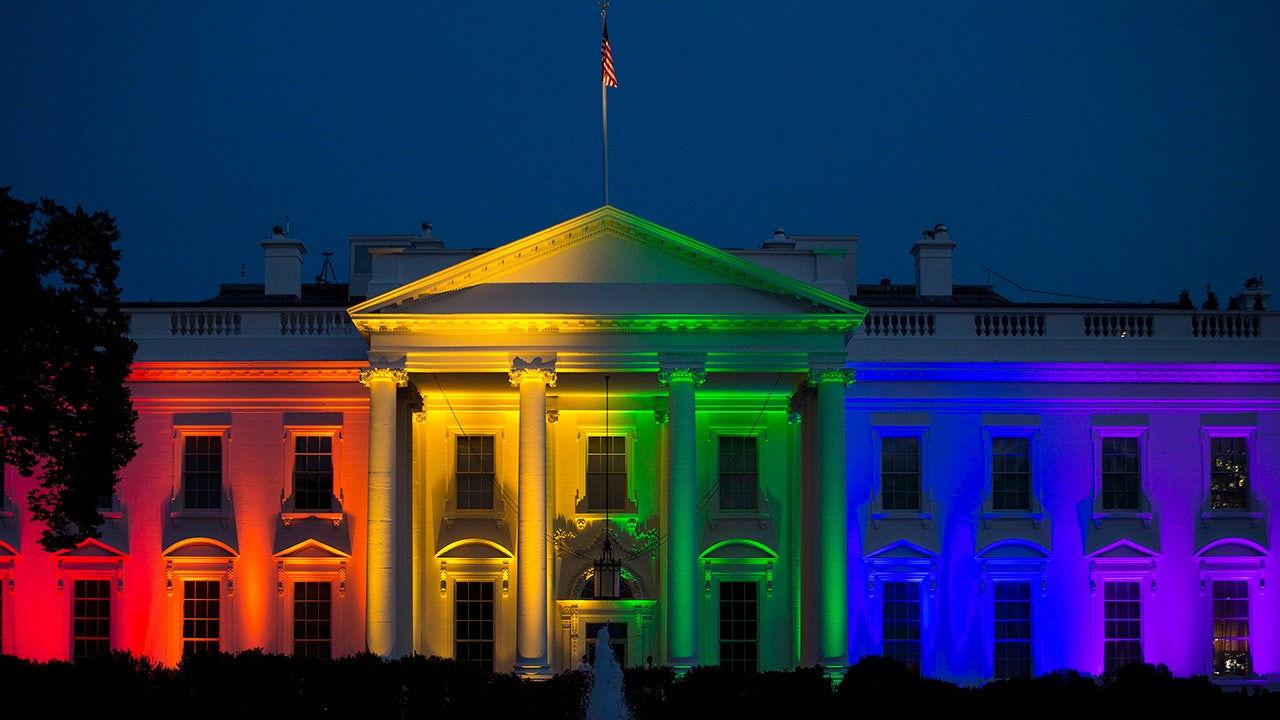Federal Judge Strikes Down Biden-Era Guidance on Workplace Protections for Transgender Employees
A Texas federal judge ruled the EEOC's guidance on workplace harassment, which protected gender identity and sexual orientation, is beyond the agency's statutory authority.
Subscribe to unlock this story
We really don't like cutting you off, but you've reached your monthly limit. At just $5/month, subscriptions are how we keep this project going. Start your free 7-day trial today!
Get StartedHave an account? Sign in
Overview
Judge Matthew Kacsmaryk ruled that the EEOC exceeded its authority by issuing guidance protecting against harassment based on gender identity and sexual orientation under Title VII. The ruling voids provisions requiring employers to use preferred pronouns and allow access to bathrooms corresponding with gender identity. The decision faces backlash, with critics arguing it undermines protections for LGBTQIA+ workers. The ruling is seen as a cultural win for those opposing progressive policies on gender in the workplace, while supporters of the EEOC guidance emphasize the need for equal treatment and an inclusive work environment.
Report issue

Read both sides in 5 minutes each day
Analysis
- The ruling by Judge Kacsmaryk invalidates portions of the EEOC guidance that allowed gender identity and sexual orientation to be included under Title VII protections against workplace discrimination, claiming they exceed statutory authority.
- The decision reflects a stance against the Biden-era guidance which aimed to enhance protections for LGBTQIA+ individuals in the workplace, suggesting it contradicts previous Supreme Court interpretations and established historical norms regarding gender.
- Critics of the ruling, including advocacy groups like the National Women’s Law Center, argue that it undermines protections for LGBTQIA+ workers, posing challenges to fairness and safety in the workplace.
Articles (3)
Center (1)
FAQ
Judge Kacsmaryk ruled that the EEOC exceeded its authority by issuing guidance protecting against harassment based on gender identity and sexual orientation under Title VII, arguing it conflicted with the law.
This ruling contradicts the Supreme Court's 2020 decision in *Bostock v. Clayton County*, which held that discrimination based on sexual orientation or gender identity is a form of sex discrimination under Title VII.
The ruling voids provisions requiring employers to use preferred pronouns and allow access to bathrooms corresponding with gender identity.
Critics argue that this ruling undermines protections for LGBTQIA+ workers, potentially leading to increased discrimination in the workplace.
History
- This story does not have any previous versions.

